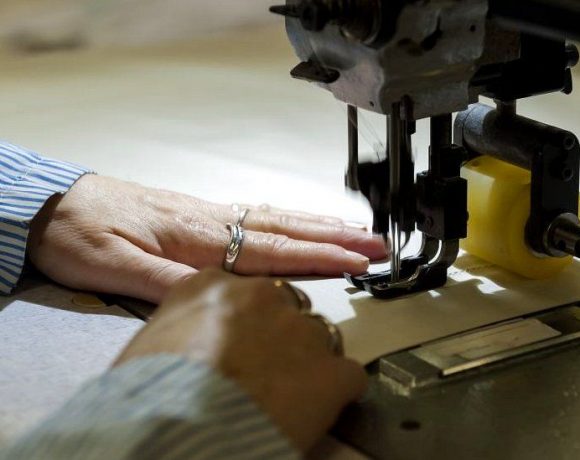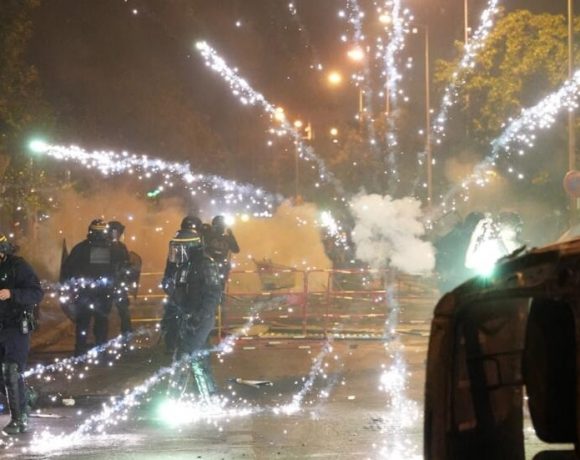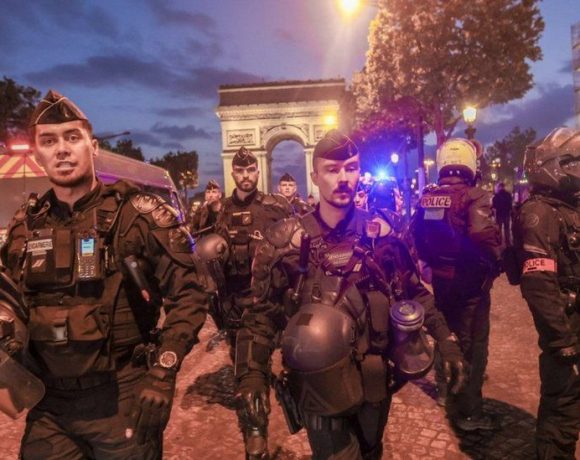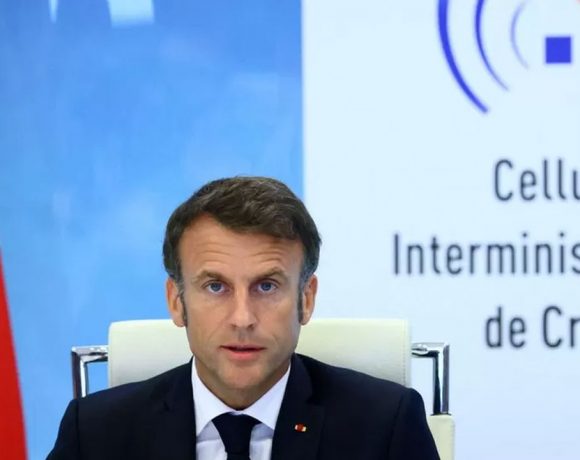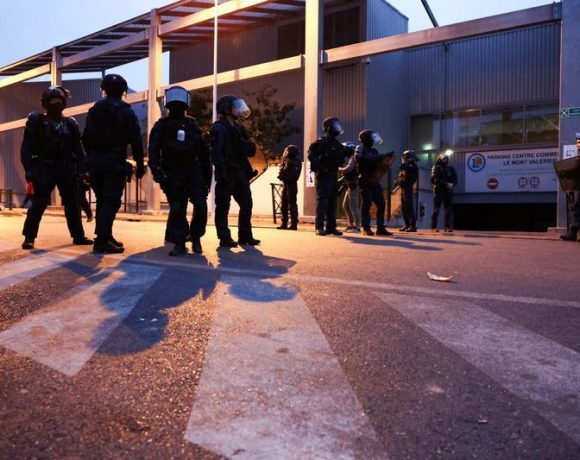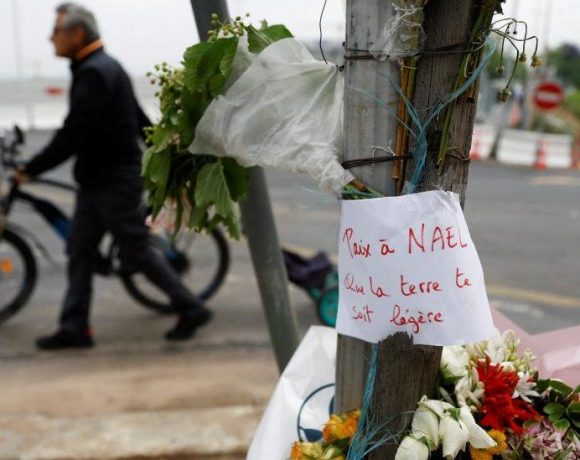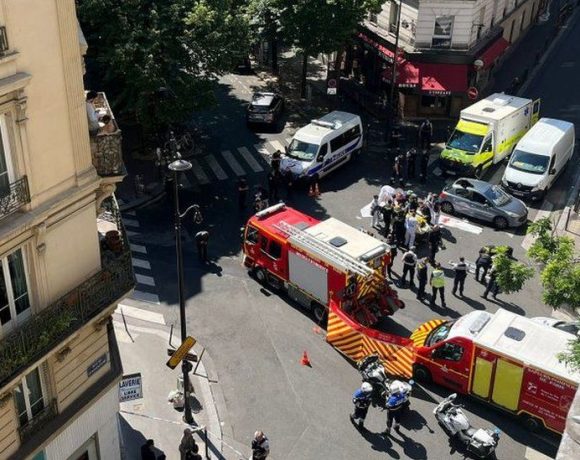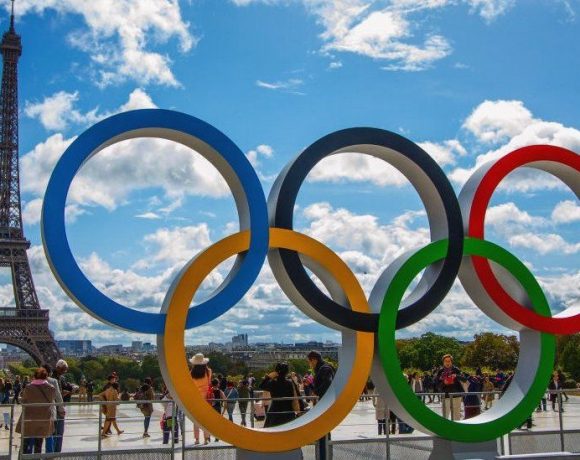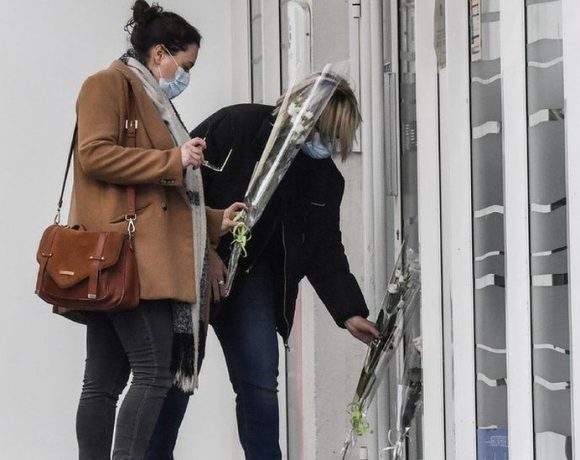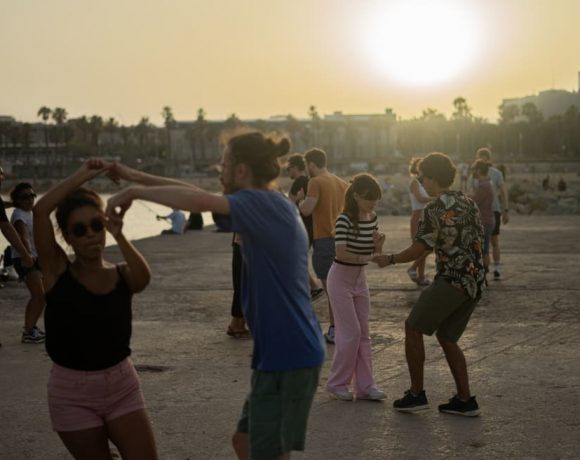
A scorching heatwave continues to affect several European countries, with temperatures expected to break records in the coming days. Parts of Spain, France, Greece, Croatia, Turkey, and Italy may experience temperatures exceeding 40°C (104°F), with Italy potentially reaching up to 48°C (118.4°F), which could be the highest ever recorded in Europe, according to the European Space Agency. A red alert warning has been issued for 10 cities, including Florence and Rome. Last month was reported as the hottest June on record by the EU’s climate monitoring service Copernicus.
The World Meteorological Organization (WMO) has warned that extreme weather events resulting from climate change are becoming the new norm. While periods of intense heat are part of natural weather patterns, they are increasingly becoming more frequent, intense, and prolonged globally due to global warming.
The heatwave has impacted tourists in Europe, with visitors experiencing symptoms such as nausea and dizziness in Athens. Efforts have been made to provide information on air-conditioned places for people to seek relief from the heat. Tragically, a man in Italy died from heat-related causes, and several visitors, including a British man in Rome, have suffered from heatstroke.
Authorities are advising people to stay hydrated by drinking at least two liters of water per day and to avoid dehydrating beverages like coffee and alcohol. Tourists in Rome expressed surprise at the extreme heat and stated they were trying to avoid going out during the hottest hours of the day. Some individuals emphasized the need for collective action to address climate change, urging governments and individuals to take responsibility and make changes such as reducing plastic usage, limiting air conditioning, and using electric cars.
The current heatwave, named Cerberus after the mythical three-headed dog from Dante’s Inferno, is expected to continue intensifying in the coming days. Spain has already experienced temperatures reaching 45°C (113°F), and the European Space Agency has predicted potential temperatures of 48°C (118.4°F) in Sicily and Sardinia, which could be the hottest ever recorded in Europe.
Additionally, other regions outside Europe, including parts of Canada, the United States, India, and China, have also witnessed record-breaking temperatures this summer. Sea temperatures in the Atlantic have reached record highs, while Antarctic sea ice is at its lowest extent on record. Furthermore, the development of El Niño, a weather pattern in the tropical Pacific, is expected to contribute to rising temperatures by an average of 0.2°C, exacerbating the effects of climate change, which has already increased average temperatures worldwide by approximately 1.1°C.
To put the current heatwave in historical context, scientists can analyze air bubbles trapped in ancient Antarctic ice, which suggests that the first week of July was the hottest week in around 125,000 years. During the Eemian period, which occurred over a million years ago, temperatures were estimated to be significantly higher, resulting in hippos inhabiting the Thames and sea levels being approximately 5 meters (16.4 feet) higher.
Picture Courtesy: Google/images are subject to copyright

